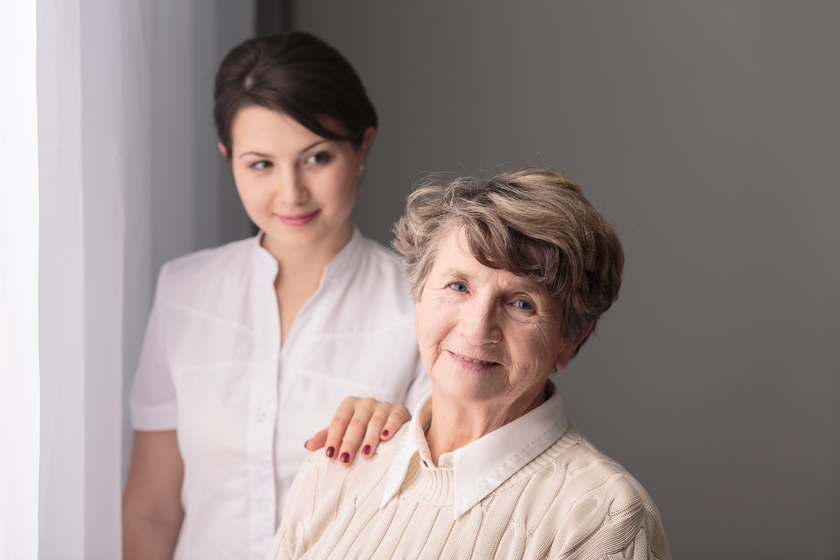The winter holidays may be over, but the season is still here. Everyone loves the snow and the holidays and all that stuff, but it can be hard on your aging loved ones. They have to deal with colder temperatures and less sunlight than they are used to.
It doesn’t help that many also suffer from Seasonal Affective Disorder (SAD). If you’re worried about an aging parent or grandparent who seems depressed during these months, read on for some ways that personal care in Perkasie, PA, can help:
Seasonal Mood Changes Are Common Among Senior Adults
Seasonal mood changes are common among senior adults. Some people experience an increase in energy and enthusiasm during the summer months, while others tend to have more difficulty getting out of bed during the winter months.
Experts often refer to this change as Seasonal Affective Disorder (SAD), a type of depression that affects 2% of the population annually. SAD can be treated with antidepressants and light therapy. Still, it’s essential to understand that this condition isn’t the same as normal aging—it’s much more common among elderly individuals than any other age group!
Symptoms of seasonal depression include the following:
- Depression
- Anxiety
- Mood swings
- Irritability
- Fatigue and low energy level
The last symptom can make it hard for older people to get through the day, even when they’re not active. (People can often mistake this for a physical illness.)
How Does Personal Care Help with Seasonal Depression?
Personal care in a nursing home or a senior-friendly independent living community can help with seasonal depression in several ways:
Provide Light Therapy for Your Senior’s SAD
Light therapy is an effective treatment for seasonal affective disorder. One of the most common methods is to use a light box, which emits bright lights similar to natural sunlight.
How long should your loved one be spending with the lightbox? It depends on what level of depression they are dealing with and their personal preferences; some people prefer more time than others, while others prefer less. The goal is gradually increasing exposure until you find what works best for them!
Plan Activities That Put You and Your Senior Outside for More Sunlight
Retirement communities often have activities that put you and your loved one outside for more sunlight, like walking around the neighborhood or attending community events. If this is not possible, consider purchasing a walker or wheelchair so your loved one can get out of the house and explore their surroundings.
Take Extra Care About Your Senior’s Diet During the Winter
Older people’s diet is an integral part of their overall health. Eating a balanced diet can help them maintain a healthy weight, lowering their risk for heart disease and diabetes. In the winter, paying attention to what your loved one is eating is imperative because seasonal depression can cause them to lose interest in food altogether.
One thing that retirement communities often do is provide special meals for their residents during the winter months. They may serve soups or stews with more vegetables than meat. This helps fill people up without feeling too full or sleepy after eating.
They might also serve fruit cups instead of cake at dessert time. This will prevent anyone from feeling tired after eating sweets (which often happens with depressed people).
Schedule Extra Visits Earlier in the Day with Home Care Providers
Retirement communities provide a structured environment with activities and meals. These activities can be beneficial if your loved one suffers from seasonal depression. Suppose you live far away but still want to visit your aging loved one often. Consider moving them into a retirement community near your home to make visits easier for everyone involved!
The best way retirement communities can help is by setting up extra visits early in the day with home care providers. They know how best to interact with older people suffering from seasonal depression.







